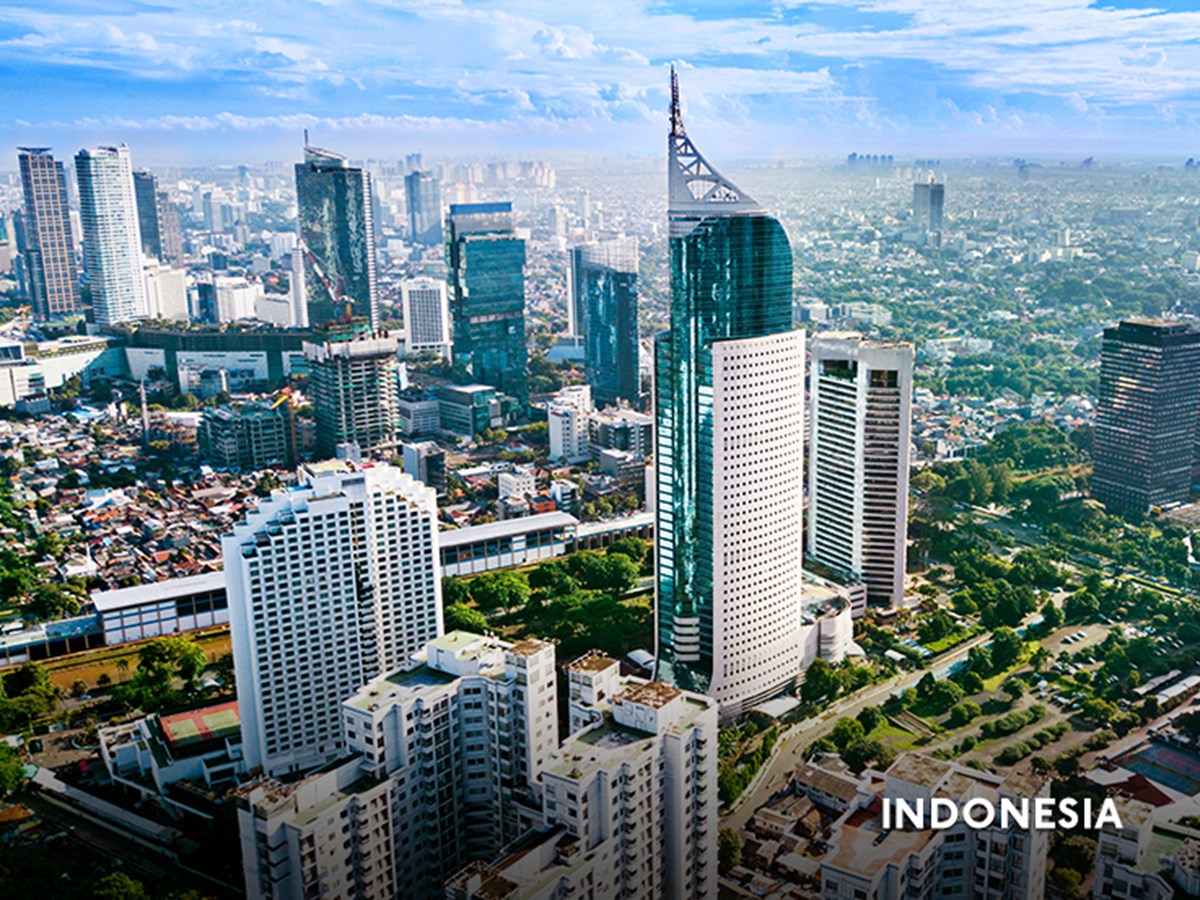
Knowledge Highlights 23 June 2025
ESG in Indonesia
Shifts in the regulatory and legislative landscape can impact businesses and commercial imperative significantly. In particular, the areas of environmental, social and governance (“ESG”) have been identified by governments, businesses and investors across the region as an important way of determining a company’s sustainability and value creation in the long term.
In Indonesia, the government is increasingly realising the importance of ESG and the role it will play in the country's economic development. Already, the government has made moves to ensure the sustainability of its business environment through the implementation of new frameworks and policies such as the Environmental, Social, and Governance (ESG) Framework and Manual for government support and facilities in infrastructure financing, and its commitment to achieve net zero emissions by 2060.
Multi-disciplinary approach
ESG and Public Policy issues are multi-faceted. As such, we adopt a multi-disciplinary approach in working across the various award winning practices within our Firm and regional network to advance the interest of our clients. Our ESG & Public Policy Practice understands intimately the legal ramifications and challenges that follows these paradigm shifts. We take a holistic approach in identifying ESG and public policy risks on the horizon, and how to best manage such risks to stay competitive and be recognised as responsible corporate citizens.
Network and experience
Even as Public Policy, ESG standards and structures continue to develop locally, much of the applicable frameworks stem from international regimes. Through our association with Allen & Gledhill as part of A&G Asia, we are well positioned to support clients whose ESG, and public policy objectives transcend jurisdictions and extend throughout South-east Asia, providing them with an integrated and seamless service.
Together, our experience includes sustainable and green/blue finance; investments, joint ventures, mergers and acquisitions in the renewables sectors; green energy and low carbon/carbon trading projects; environmental due diligence; investigations into complaints or disputes over ESG wrongdoing, business and human rights complaints or disputes over ESG wrongdoing, business and human rights compliance; ESG reporting and disclosure standards and frameworks’ legislative process and drafting; managing government relations; public policy gap analyses; strategy and advocacy; public consultations and policy papers; and environmental, health and safety regulatory compliance.